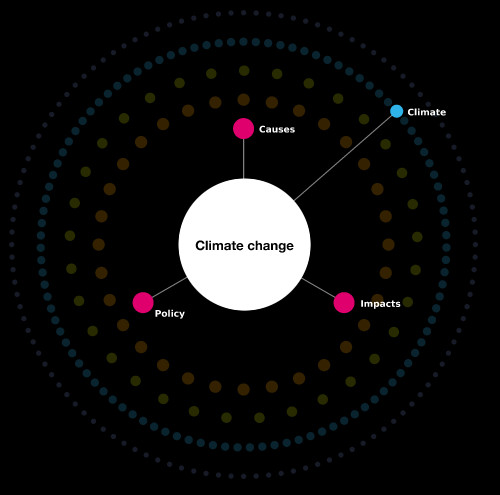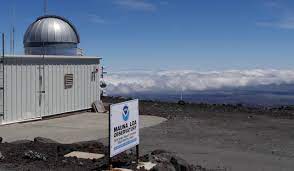We are delighted that our online weather and climate teacher CPD course “Come Rain or Shine” has received the EMS Outreach & Communication Award 2018.
FutureLearn is a leading Massive Open Online Course (MOOC) platform delivering online learning to participants around the world, free of charge. Running a course on this platform has been a key way for us to engage new and harder-to-reach audiences than could otherwise be reached, and to be able to develop course content that is interactive and engaging. The only cost to participants is associated with extending access to the course materials beyond the initial, free, 5 week period.
The Royal Meteorological Society partnered with the University of Reading to develop a three week course entitled ‘Come Rain or Shine’ which focusses on the processes and phenomena which govern UK weather. The content of the course was developed with the needs of UK secondary geography teachers in mind, however the course was open and very much of interest to all.
An online course to reach secondary geography teachers was needed because:
- Changes to the National Curriculum and exam specifications in the last couple of years have increased the requirement for the teaching of weather and climate in schools.
- The knowledge, skills and confidence of current UK geography teachers to teach weather and climate is currently very low, following decades of little weather and climate teaching in schools and
- The model of teacher training is moving from Universities to individual schools, making
knowledge update days with trainee teachers increasingly difficult to deliver.
The course ran twice in 2016, three times in 2017 and will run three times in 2018, requiring participants to spend around 3 hours per week studying the dynamic materials. These materials consist of a mix of written articles, videos, fieldwork activities and other practical exercises written by Dr. Sylvia Knight, Head of Education at the Royal Meteorological Society and Dr. Pete Inness, a lecturer at the Department of Meteorology at the University of Reading. Registered participants benefit from peer-to-peer support. In addition, during the three week periods, additional support is available from expert mentors from the University and the Society given through integrated discussion areas at each step of the course.
Participant numbers have been high: in June 2016 over 9000 people registered for the course, in October 2016 over 4000 registered and through 2017 over 10,000 registered.
Learning Outcomes for Participants:
- Describe the weather features associated with depressions, anticyclones and the four main air masses which affect the UK.
- Interpret a synoptic or weather chart, to provide details about wind speed and direction, precipitation and cloud cover.
- Describe some of the physical processes which give rise to weather, such as convection, condensation, pressure gradients and the Coriolis force.
- Investigate local weather conditions using readily available instruments.
- Explain some of the processes which transfer energy through the Earth system, including the transient effects of volcanoes and changes in the Earth’s orbit, and how these processes relate to the Earth’s climate.
- Apply their understanding of mid-latitude weather systems to the analysis of weather data and images.




